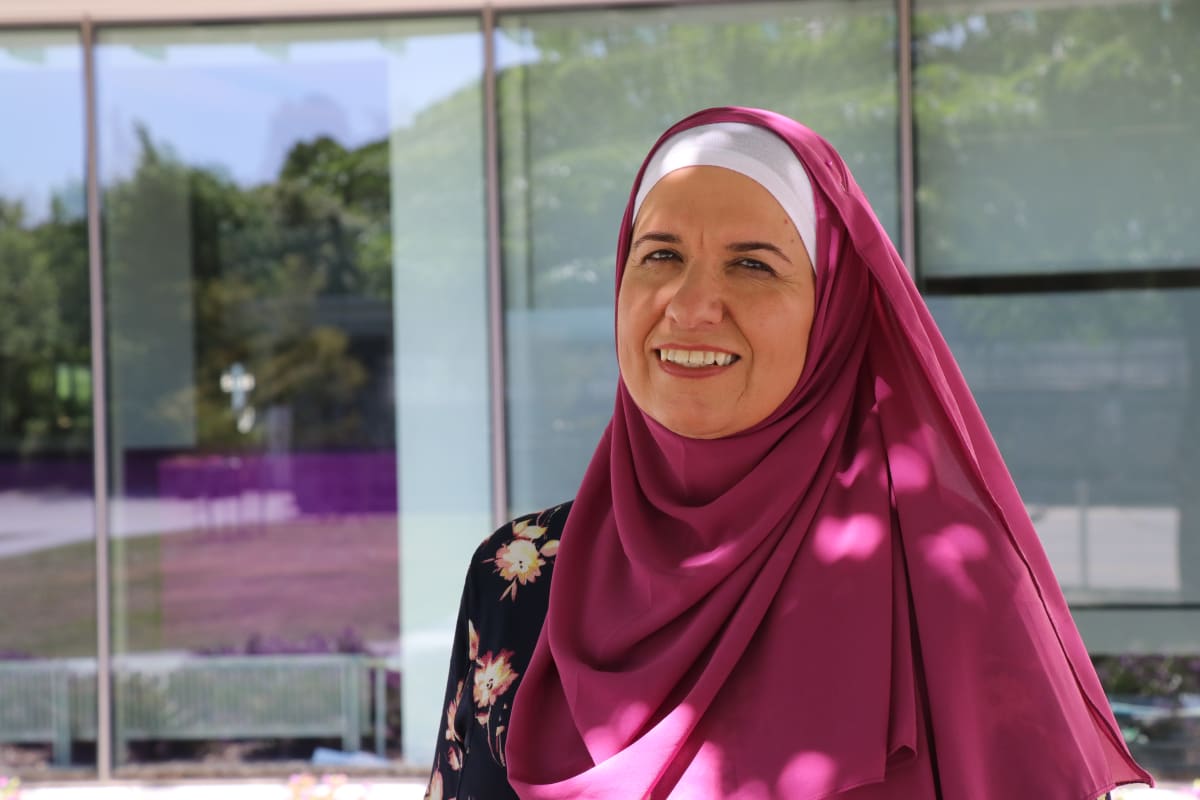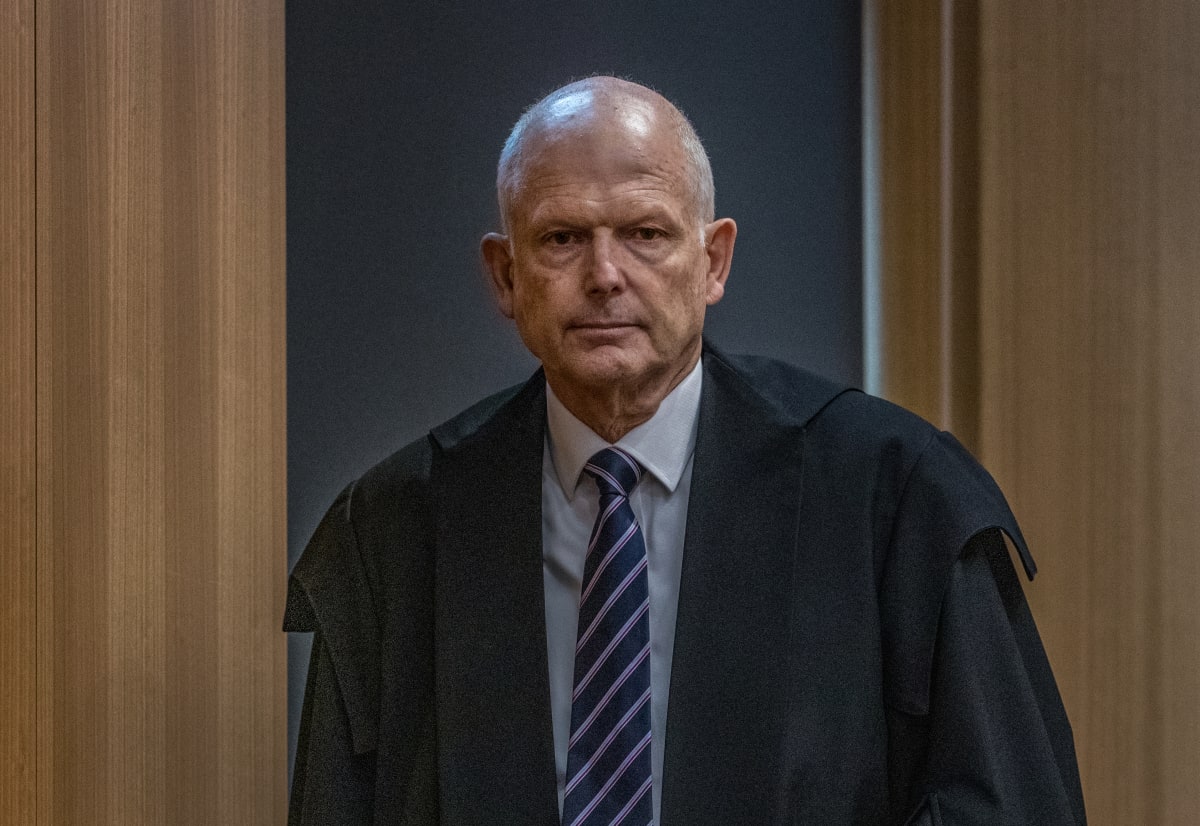
A coroner will explore how digital platforms radicalised the Christchurch terrorist. David Williams reports
In his own words, the Christchurch terrorist said he wasn’t a frequent commenter on extreme right-wing sites, like 4chan and 8chan. He told the Royal Commission into the 2019 mosques attack that “YouTube was, for him, a far more significant source of information and inspiration”.
Indeed, in 2017 the terrorist, an Australian who prepared and planned for the attack while living in Dunedin, donated $A138 to a podcast and YouTube channel created by far-right Canadian Stefan Molyneux. (In June 2020, YouTube banned Molyneux for using hate speech.)
The Royal Commission report said the terrorist’s internet activity went far beyond what it could reconstruct. But he spent “much time” accessing extreme right-wing and ethno-nationalist views, which sometimes tended to violence, on Google-owned YouTube.
“His exposure to such content may have contributed to his actions on 15 March 2019 – indeed, it is plausible to conclude that it did. We have, however, seen no evidence to suggest anything along the lines of personalised encouragement or the like.”
It has been argued, however, the Royal Commission was neutered from the start. Its terms of reference ruled out inquiries, determinations or reports on “activities by entities or organisations outside the state sector, such as media platforms”.
That’s why, in February, lawyers representing families of the shuhada – the 51 people killed on March 15, 2019, at Masjid an-Nur and the Linwood Islamic Centre – and dozens of survivors who were injured or traumatised, argued Coroner Brigitte Windley’s inquiry into the shootings should investigate the role of digital platforms in radicalising the terrorist.
Windley’s role is to establish the cause and circumstances of death, and then, through remarks and recommendations, try and ensure similar deaths don’t happen again.
The hearing was delayed to await the results of other inquiries – the terrorist’s sentencing, and the Royal Commission of Inquiry, which published its final report in December 2020.
Last October, a list of draft issues for inclusion and exclusion were circulated by Chief Coroner Deborah Marshall. It was proposed some questions could be answered by the release of information. Many of them were designed not to overlap with topics already covered by the Royal Commission.
February’s “scope hearing” was a chance for families to put their case about what should be included in the coronial inquiry. Lawyers questioned if certain issues had been adequately established by the Commission.
Windley’s scope decision is being released today, marking the move into a substantive inquiry. The decision confirms digital platforms will form part of her investigations. Indeed, she has already served the terrorist, who is jailed at Auckland’s Paremoremo Prison, with a notice requiring him to disclose the whereabouts of his hard drive.
The date for an inquest hearing – at which evidence is taken under oath and tested under cross-examination – is yet to be set.

The Islamic Women’s Council’s submission to February’s hearing urged the coroner to widen the scope of the hearing to include questions about how digital platforms – including social media, discussion boards, video-sharing websites, and gaming chatrooms – contributed to the terrorist’s radicalisation, and, by extension, the deaths on March 15, 2019.
According to a December 2020 report by the International Centre for Counterterrorism, the terrorist’s manifesto suggested the internet was responsible for the creation of his belief system.
The terrorist’s sentencing hearing in August 2020 didn’t traverse the connection between the Australian’s online habits and violence.
Meanwhile, the Royal Commission “only made a passing, non-committal suggestion about the importance of online forums”, the Islamic Women’s Council told Windley in February.
Questions arise, such as: Did digital platforms strengthen the terrorist’s willingness to act, by cementing and entrenching his beliefs? Was he emboldened and encouraged online? Did he find practical guidance for his preparations?
Did any of this activity throw up warnings that should have been detected by those platforms? And, more generally, could such platforms influence vulnerable people to act violently?
The Islamic Women’s Council’s written submission says: “Questions of this kind do not involve an open-ended, academic fishing expedition into theories of social media and political violence. They merely require the coroner to understand how digital platforms work (including possibly the operation of algorithms) and their role in this case.”
Another submission to the coroner, by Christchurch lawyers Nigel Hampton QC and Kathryn Dalziel, said: “The individual’s radicalisation is directly relevant to the cause of death to the 51 victims as it provided his purpose and motive, and ‘directed’ his homicidal terrorist actions.”
Meanwhile, Auckland lawyer Aarif Rasheed said the Royal Commission wasn’t able to delve “properly” into radicalisation.
“I do ... seek to ensure I have as full a picture of his internet use as possible.” – Brigitte Windley
Windley’s decision, given to media under embargo, says a broad inquiry into digital platforms, as suggested, faces “formidable obstacles”. The biggest, perhaps, is establishing a causal link between any online platform and his radicalisation to violence.
A combination of online influences may have contributed, the decision said, but so did other aspects of his life, including his psychological makeup, his upbringing and family life, his experiences at school, and extensive international travel.
“It would be very difficult to isolate and quantify any individual factor – let alone any individual online platform – and conclude that it played a decisive role in the attack … He was the product of a unique set of circumstances.”
However, because the Royal Commission didn’t explore the terrorist’s online activity in the years leading up to his move to New Zealand, in 2017, Windley says it’s possible this activity played a demonstrable and material role in his radicalisation, and ultimately the attack.
There are caveats. Traces of the shooter’s online activity may well be hard to find. He may have deleted online profiles, or the information might have been contained on his computer hard drive, which has never been found.
To that end, Windley confirms she has already used her powers to compel the terrorist to provide information. He’s been served with a notice requiring him to disclose the whereabouts of his hard drive, and to say if information was uploaded to cloud storage.
The coroner writes: “As will be already apparent, I have reservations as to whether these inquiries will yield sufficient information to allow a focused examination of the role one or more social media platforms played in [his] radicalisation and the attack. I do however seek to ensure I have as full a picture of his internet use as possible.”
If a “causative nexus” between the terrorist’s radicalisation to violence and a specific platform is established, then, Windley says, “this may reasonably lead to further questions as to the extent and nature of the platform’s monitoring of its users in relation to extremist content both at the time relevant to [his] online activity, and now”.
Without that “evidential foundation”, any inquiry into algorithms is off-limits.

Windley’s decision sets out the general issues to be covered by the coronial inquiry.
They cover the period from the start of the attack to the police’s formal interview of the terrorist. As could be expected, the emergency response, steps taken to apprehend the shooter, and the medical response will be explored. That includes questions about whether deaths could have been avoided if the emergency response had been different.
Another thread of inquiry is how people or community groups should respond to the risk of violent extremism in someone they know.
Further, though, Windley has agreed to investigate if the terrorist had “direct assistance” on the day of the attack, and she’s used her discretion to include “aspects” of police approving the terrorist’s firearms licence.
In the scope hearing, Christchurch lawyer Anne Toohey, representing Aya Al-Umari, whose brother Hussein died in the massacre, noted a conflict. She said the Royal Commission’s finding the terrorist took advantage of this country’s semi-lax firearms laws jarred with its conclusion authorities could not have detected his activities.
Hampton and Dalziel described the granting of the firearms licence as a “crucial element in the chain of events causing the attack”.
Windley says in this morning’s decision a coronial inquiry isn’t a do-over – parties can’t just demand a fresh inquiry or review because they disagree with the Royal Commission’s findings. The Commission’s investigation, which criticised police and recommended changes, was “effective”, the coroner says.
But Windley decided to look at the issue of the firearms licence afresh because the Royal Commission didn’t draw causative conclusions.
“We will never know, for certain, what might have happened if [the terrorist’s] licence application had been declined. But, in order to decide whether there is a logical inference which I can draw on the balance of probabilities on this issue, I need to consider the available evidence.”
Also, re-examination of the issue will “improve participation”, considering most of the Royal Commission’s work was done behind closed doors.
“It is in the public interest that immediate families and other interested parties have the opportunity to see the source evidence themselves and consider what, if any, issues it raises that can properly be advanced.”
The coroner will also check progress on the implementation of the Royal Commission’s recommendations.
Other issues were excluded, including the failure of security agencies to prevent the attack, and the terrorist’s and the acquisition of firearms, ammunition and other equipment – based on her view the Royal Commission’s work can’t be materially advanced. Also excluded is the failure of Dunedin Hospital to report the terrorist’s firearms injuries in 2018, as there was no requirement to do so.
While there will be disappointment among some Muslim groups and families that the hearing’s scope isn’t wider, there are signs the coronial hearing has their interests at heart.
Windley waited until Ramadan was over to release her decision, which suggests her team are mindful of the Muslim community’s cultural and spiritual needs. Whether that extends to adequately exploring the substantive issues to the community’s satisfaction is another matter.







